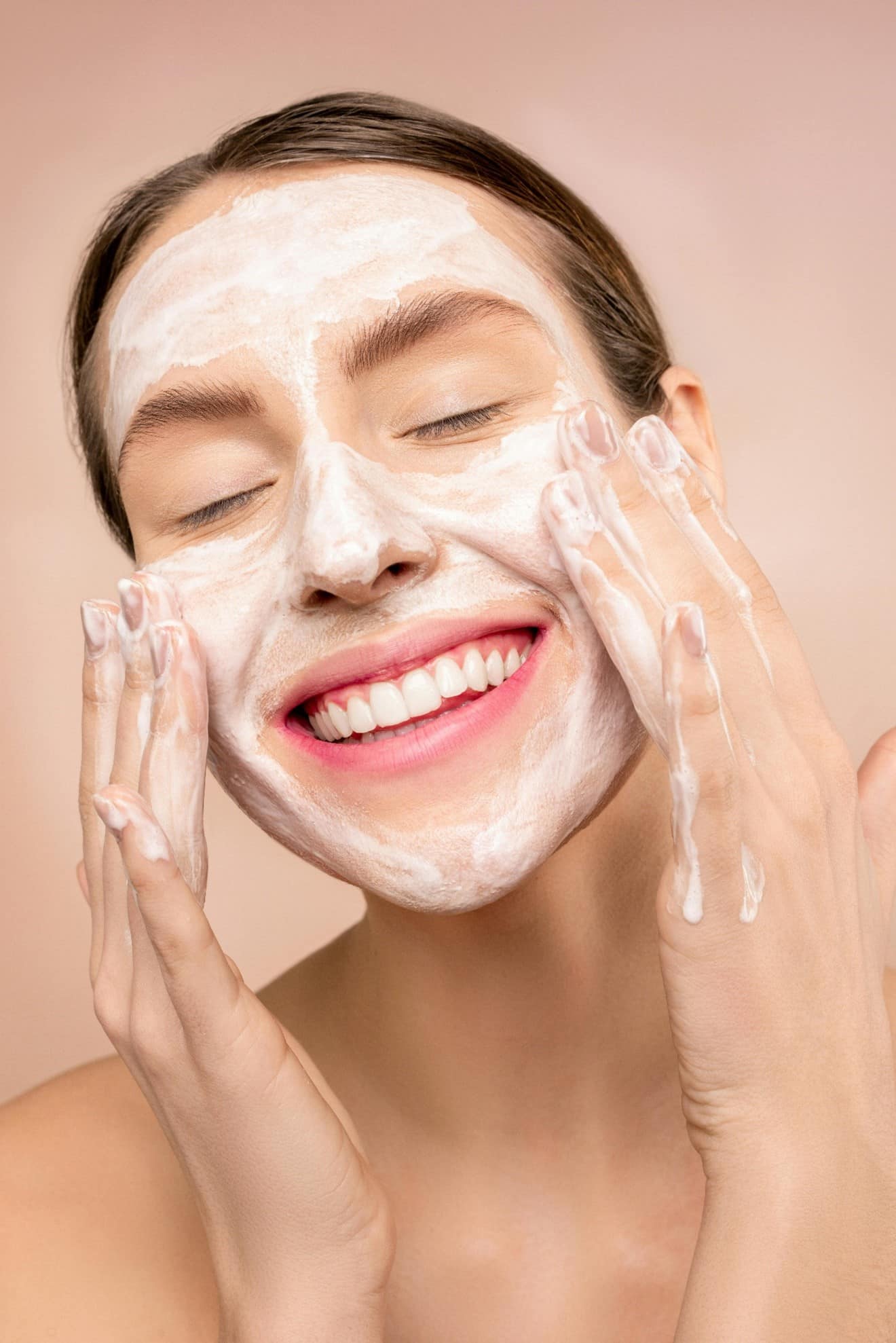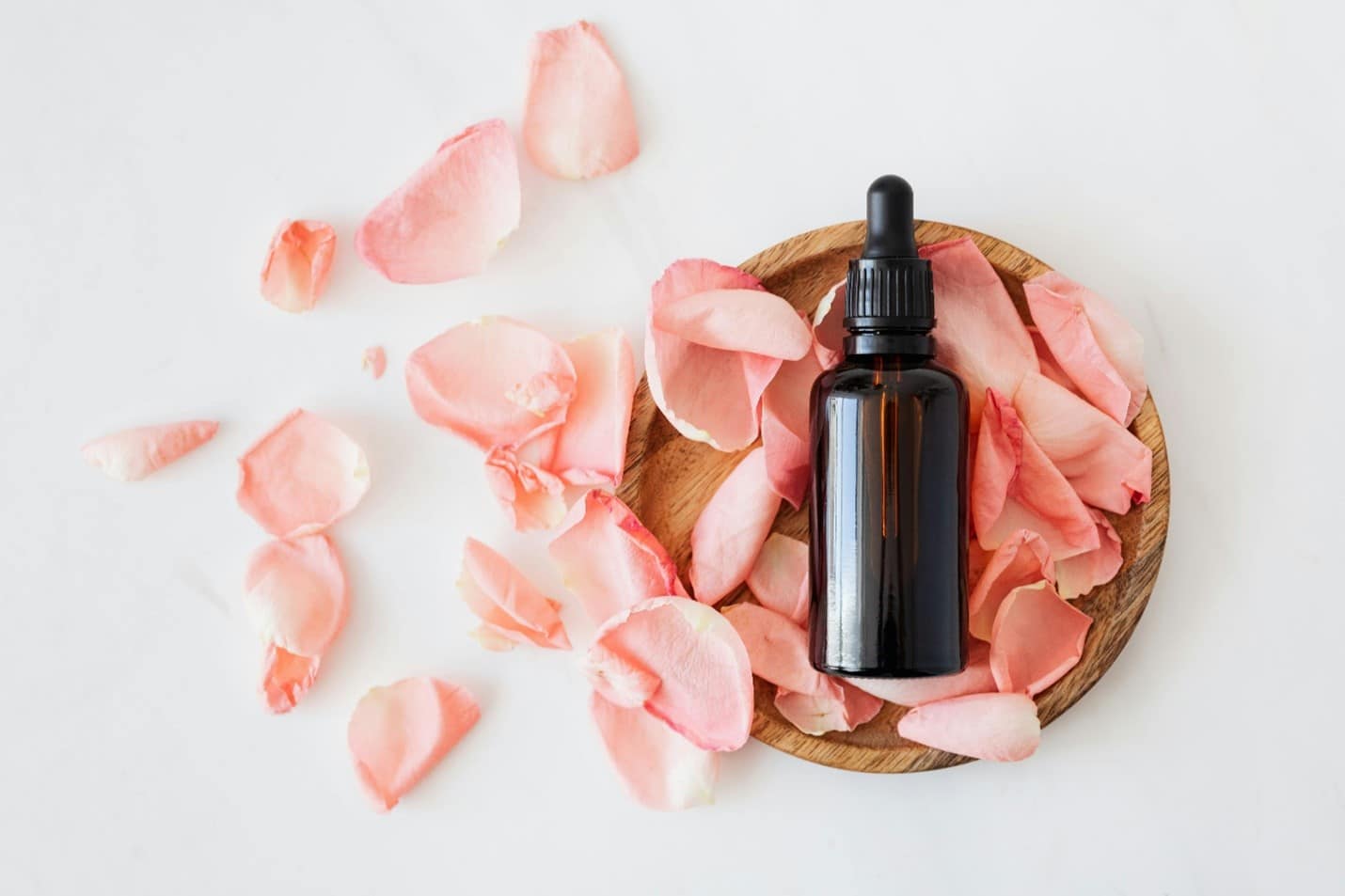Table of Contents
Everyone wants to give a good face to society or at least the outer world, but the teenage period or the age of adolescence is something that some of them might wish to stay in a hole and come out only when they are fully ready. Your teenager may not be fighting wrinkles at this age, but they will likely deal with pimples, blackheads, and even sensitive skin. At this stage, so many things are demanding your attention, from working with ‘do my homework for me‘ services to trying to keep up with friends.
In these formative years, having a distinguishing feature like a major zit or red, irritated skin can be mortifying and even depressing. Issues such as acne can be very difficult if the teen is being harassed or called names because of it. It is not always easy during this stage of life with the surge in hormones and peer pressures, but the good news is that clear skin is achievable. Below are some of the skincare tips that have been approved for a teen’s skin;
Daily Cleansing Routine
Another vital guideline for caring for skin that teenage individuals should embrace is the adoption of cleansing routines. In puberty, hormonal changes can cause an increase in the production of sebum, which can lead to infection or the formation of acne. A mild soap should be used in the morning and in the evening to wash the face so that it unclogs the pores and does not allow acne to form.
It is imperative to wash regularly to maintain healthy and glowing skin. Cleaning allows anti-aging products and treatments to perform as expected. It also aids in the proper size of the pore. Cleansing helps maintain the right skin moisture levels and ensures that excess oils are not produced.
If you were to stop washing your face altogether, your pores would become blocked, leading to severe acne formation. The skin could also be affected in a way that it turns extremely red, dry, and irritated due to lack of moisture. That is why it is important to practice proper skin cleansing!
Prioritize Hydration
The skincare routines of individuals become different as they join young adulthood. As skin ages, it needs to be kept well hydrated to ensure that it does not dry up and wrinkles arise. Young adults should be advised to apply a light moisturizer on their skin twice daily to maintain the skin’s moisture balance.
Skin hydration is a factor in how it appears and the texture and feel of the skin. When well-moisturized skin, it can fulfill its endogenous function of shielding the body from external factors. When the skin’s structure is disrupted, the skin can crack or break easily, and it cannot resist stress or irritant substances in the environment.
Refreshed skin makes you look fresh, supple, and healthy without any wrinkles or aging signs that can be unattractive. It is also more adept at retaining elasticity, which is critical in reducing fine lines and wrinkles. Drinking water keeps skin moisture content high, and this makes skin happier. It looks healthy and feels good.
Do Not Complicate Your Skincare Routine
Do not overcomplicate the skincare routine, but ensure that it is followed religiously. The problem with a good routine is that it is often unhelpful if there are too many of them. Cleaning your face should be done at least twice a day. It will also be advisable to wash your face, especially after an activity that has made you sweat.
To ensure that face washing is always on the forefront of your mind, place your products near where you store your toothbrush and wash your face while you are brushing your teeth. Also, do not use a washcloth, mesh sponge, or any other item that can cause friction on the skin. But I recommend that you wash your face and put on the product with your fingertips only.

Use Sunscreen
Sunscreen is one of the most effective and simplest ways of preserving and maintaining skin appearance and health regardless of age. If applied frequently, sunscreen assists in avoiding sunburn, skin cancer, and early signs of aging. One of life’s health-related habits is the skin’s shielding from the sun’s ultraviolet radiation. Whether it is a downpour, snowfall, or sunshine, the use of sunscreen is inevitable. If you need to take better care of yourself, create time for your skin by asking for assignment help: the best essay writing service platforms can help.
Aggressively Address Acne At the Earliest Opportunity
Acne is often the result of hormonal changes, especially during adolescence when hormones are raging. If you develop minor breakouts, begin using one acne product at a time and evaluate the effectiveness of the product. If there is no improvement within four to six weeks, then a second acne treatment should be added. This approach can be used to target various acne sources such as bacteria, pore obstruction, oil, and inflammation.
Do Not Go to Bed with Your Face Dirty or Caked with Makeup
If you’re sleeping with your makeup on, you’re essentially trying to hinder the skin’s renewal process. Who has not been tempted to remove the makeup at night and go to bed without washing your face? Nevertheless, this seemingly innocuous behavior can lead to dire consequences for your skin. It is relatively okay if it is done once in a while, but if it is done regularly, it can cause long-term effects. It is recommended that one should never go to bed with makeup on.
Replace Your Pillowcase and Wash All Your Sheets Often
Are you using fresh bed linen, washing or changing the sheets and pillowcases at least once a week? If they are not washed or replaced often, a layer of grime or oil from the surrounding environment and your skin and hair are returned to your skin. It is recommended to wash your sheets once a week to ensure that they do not develop bacteria and dust mite accumulation if you sleep with a partner or with your pets.
Do not over-exfoliate, as this may lead to skin irritation, allergies, and worsened acne breakouts. Changing your pillowcase as often as you can helps a lot when it comes to beauty hygiene, so do not forget about the pillow itself. Dust mites and other things can get trapped in your pillow, and you may wake up with a blocked nose or even an allergy. Hence, we recommend replacing your pillow once to twice a year for a clean sleeping area. If you have oily hair or use oily hair products, you might need to change your sheets frequently.


